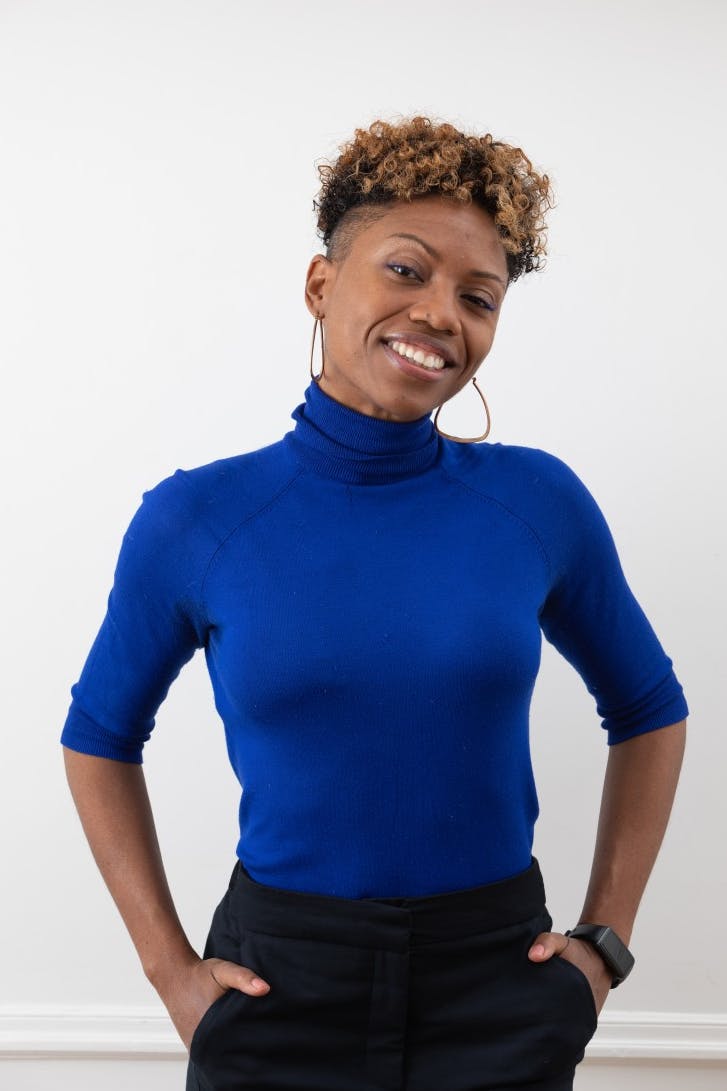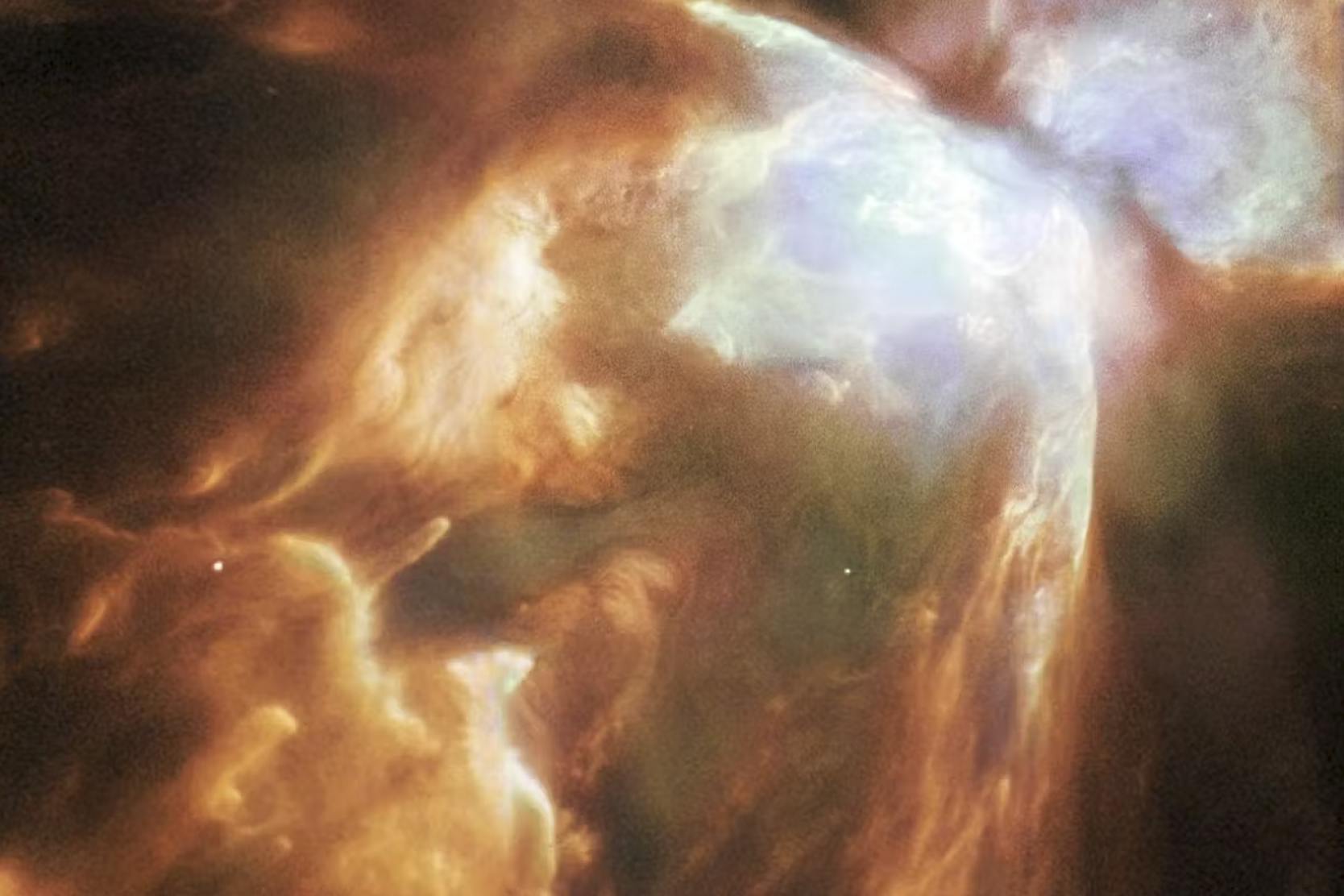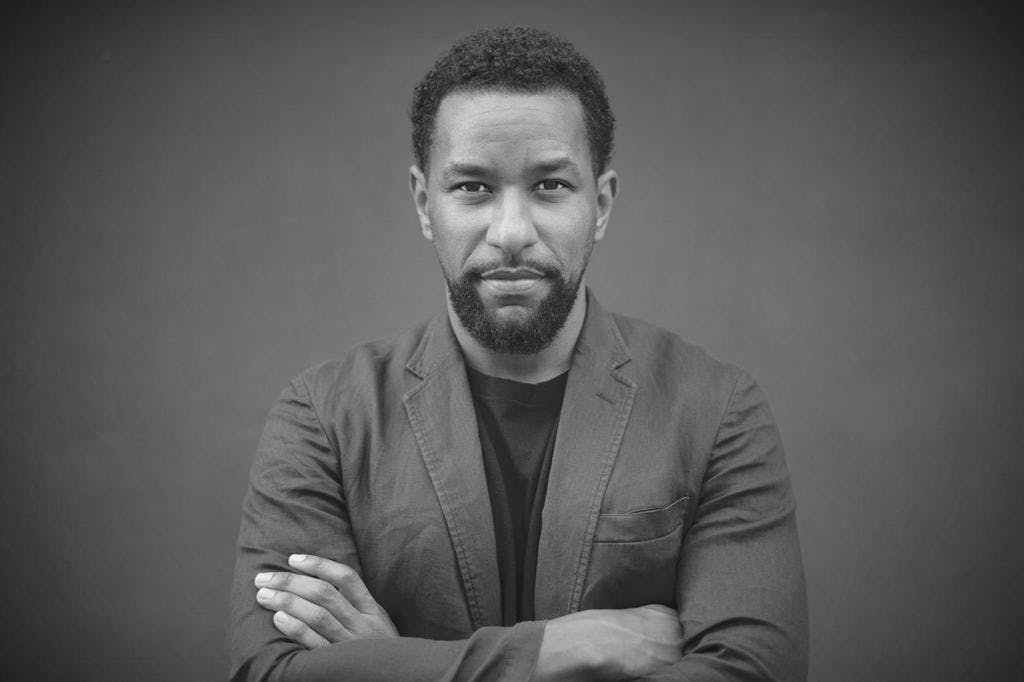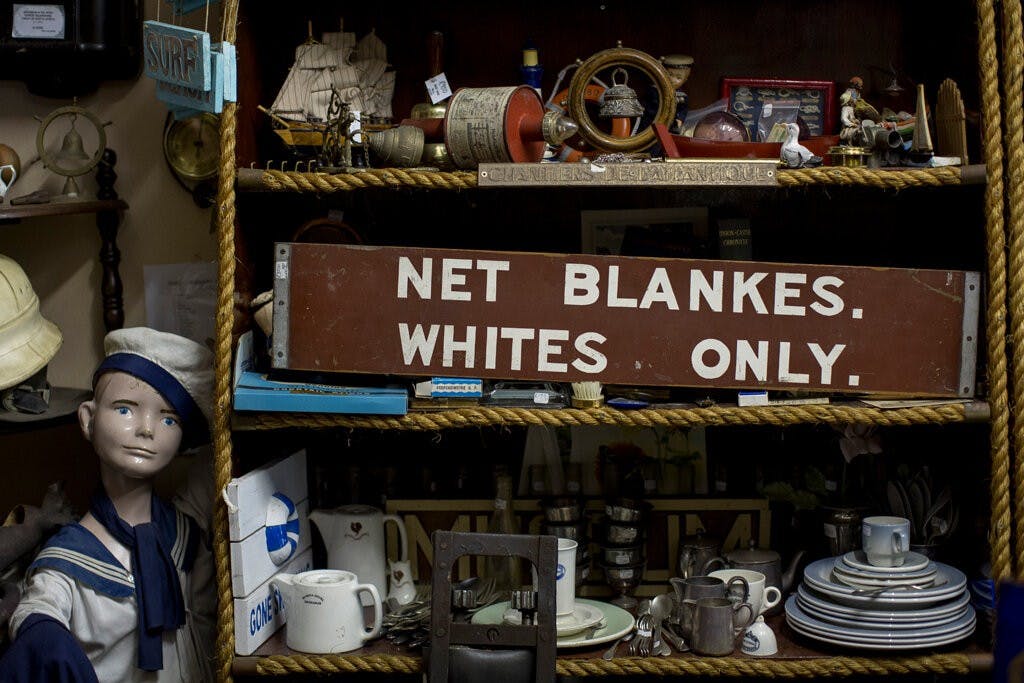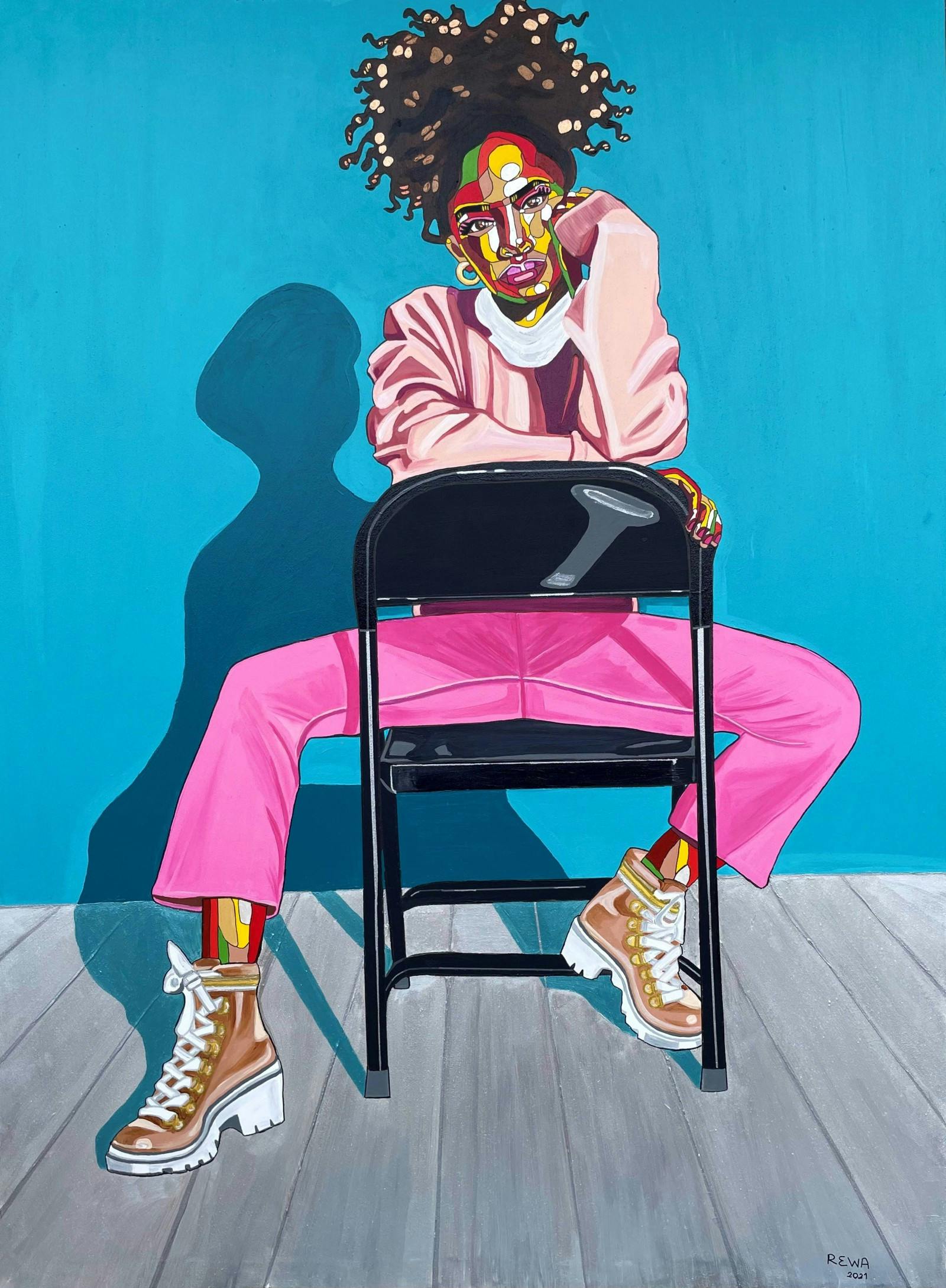Decoloniality in Martinique

In this episode of Race Beyond Borders, we travel to Martinique, the birthplace of towering intellectual figures such as Aimé Césaire and Frantz Fanon. Roseline Armange, a clinical psychologist who studies identity among other aspects of Black life in Martinique, guides us into her people’s rich past and present.
Born in France to Martinican parents and raised in Martinique, Armange paints a moving image of her home in this poem she wrote specifically to share with our listeners:
I am from the Wind of the West
I am from the taste of the Indies
A land of resistance, a land of dissidence, a land called Martinique
I am from the West of the South
I am from a place called Saint Lucy
Chanting decolonial songs with a Conch Lambi
A miraculous counter-western weapon of voicing my soul and justice
A melody of the mountains, a melody of trees and sounds
I am from a place of light, a beacon of light, a beacon of songs where my Caribbean voice has the taste of salted sands and blood.
While this decolonial self-understanding is deeply held among Martinican people, Armange acknowledges the complicated relationship the Island has had with France. The former colonial power only acknowledged the violence and brutality of its history of slavery as recently as 20 years ago. In the 150 years between the end of slavery and this acknowledgment, there was, as Armange calls it, "a silence of history." Notwithstanding, the realities of race and racial inequality have always been as plain as day.
It was a relief for Armange herself to find Fanon's work in her late 20s. It became pivotal, as it has been for many, in making sense of herself and her experiences of racialisation. Her reading and experience have also informed her research on racialisation and racial politics in Martinique.
In her work, Roseline has found the liberatory potential of the banner of ADOS—African Descendants of Slavery. The term was coined by Afro-Caribbean French politician Christiane Taubira, who championed the Taubira Law of 2001, the first of its kind in Europe to recognise slavery and, specifically, the transatlantic slave trade as a crime against humanity. Even though Martinicans do not use the term in everyday life, it has proven a useful frame for seeking reparations for slavery.
This ADOS is not to be confused with the ADOS (American Descendants of Slavery) movement in the United States, championed by Yvette Carnell and Antonio Moore. The US version focuses on African-Americans who can trace their ancestry to enslaved Africans brought specifically to the United States. Both movements seek reparations, however, in the United States, ADOS narrows the scope of who should receive it. Roseline sees the Caribbean ADOS identity as expansive and “revolutionary” as “it offers infinite possibilities of defining what blackness is.”
Throughout this wide-ranging conversation, Armange provides keen insights informed by her studies, and her personal experiences, including her clinical work with patients navigating racial trauma.
